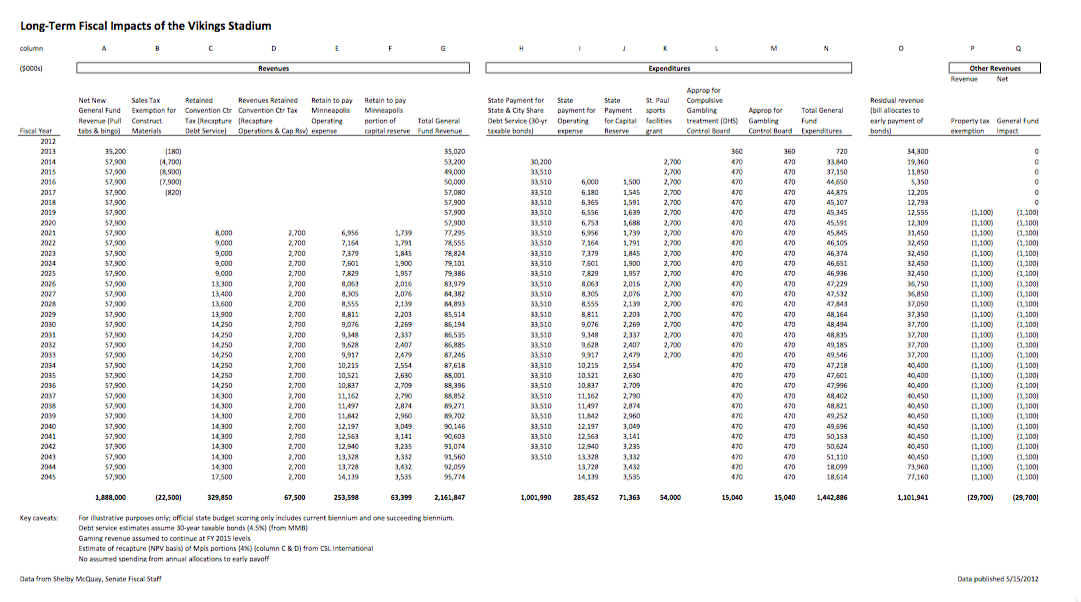 A couple weeks ago I hit Maximum Trump Wall. Too much stupidity too much of the time. So I took a break and caught up on some good TV. Bad mistake.
A couple weeks ago I hit Maximum Trump Wall. Too much stupidity too much of the time. So I took a break and caught up on some good TV. Bad mistake.
Tuning down the wall of Trump noise I filled late summer evenings binge-watching stuff I had heard was “must see” TV. (The Emmys are this Sunday.) On the list was, “The Night Manager”, an adaptation of a John LeCarre novel. Then “The People vs. O.J. Simpson” a dramatization of the case with John Travolta, Nathan Lane, David Schwimmer and Cuba Gooding Jr., followed by HBO’s “The Night of” with John Turturro, but most importantly, written by the great Richard Price. Finally, the major investment, 479 minutes of ESPN’s documentary, “O.J. Simpson: Made in America”.
The last one was where my strategy of Trump avoidance went completely to hell. “Made in America”, I’ve been telling (boring) people in the days since may be the single best thing I’ve seen on TV in years … “Breaking Bad”, “The Sopranos”, “Game of Thrones”, Frontline documentaries, you name it. Directed by Ezra Edelman, ( the son of children’s rights activist Marian Wright Edelman and Georgetown University law professor Peter Edelman) the film is the thickest, richest slice of modern America culture I can recall ever. As with all great filmmaking/storytelling it is Edelman’s perceptive sequencing of the mostly familiar story of Simpson, the murders and the court case into the context of the culture surrounding it all.
Re-visiting the Simpson story night after night, it all came back. The indemnified status of celebrities in modern America, a culture cynical of authority while simultaneously delusional about fame. The noxious racist police culture of Los Angeles, not significantly different than every other large American city, and the indifference of white America to it. The intense resentment and sense of grievance of blacks toward law enforcement and the judicial system. The appalling cynicism of lawyers supplied with enough money to tell a wholly implausible story that exploits grievance to maximum effect, and a media culture first and foremost committed to trading in the elements of any story that sustains the story viewers and readers want to hear, thereby enhancing the value of the media itself.
Trump avoidance was an impossibility.
With what is it now, 56 days until the election we have pretty well swept aside every issue other than grievance, resentment, racial animosity, celebrity and media self-service to explain Trump’s appeal. There is nothing more to it. There’s no “small government conservatism”. No “libertarian notion” ersatz or otherwise. There’s no economic incentive particularly. It’s not even so much a distaste for Hillary Clinton specifically, as it is a resentment of and grievance against anything that smacks of a culture/a class of people easily blamed for what are in fact personal failures.
About as I was wrapping up “Made in America” I read Arlie Russell Hochschild’s feature in Mother Jones, “I Spent Five Years With Some of Trump’s Biggest Fans. Here’s What They Won’t Tell You.”
In a nutshell, Hochschild spends time shadowing a woman selling Aflac insurance to the desperately poor whites of rural Louisiana. The grand takeaway of the piece is this: After growing up in a culture that had long accepted sneering at shiftless blacks, people forever gaming the system for (fraudulent) welfare disability benefits, food stamps, public housing, whatever, these sad crackers have been slapped in the face with a new reality. Lacking necessary 21st century skills, family after family is unemployed, living by welfare threads and being hammered by opioid and other drug addictions. They have come to realize, even if they don’t want to say so out loud, that they are the new shiftless, hopeless-loser blacks. They are the people “respectable” society — skilled workers, white collar professionals, liberals and most of the media — has written off as lazy drags on society. Needless to say, they’re all in for Trump, who promises them they’ll be “great again.”
So yeah, these people are “the deplorables” Hillary Clinton was talking about in such an impolitic way the other day. And their grievances and misplaced resentments are among the long, long list of highly relevant questions Matt Lauer didn’t bother to ask Trump on that aircraft carrier last week.
I think I’ve said this before, but a saving irony of the Trump disaster (whether he wins or loses) is that it has fully dispensed and blown away the illusion that the United States is living in some kind of post-racial era. The virulent racism roiling just under the keel of Trump’s garbage barge is a startling reminder that very nearly half the country today, your work colleagues and neighbors, are comfortable with hostilities a lot of us thought subsided in the ’60s. Moreover, today’s “blacks”, in the form of under-educated, substantially unemployable, perpetually aggrieved whites have been convinced by their media of choice of something no real black of old ever thought, namely that they are entitled to more and better just because of the color of their skin.

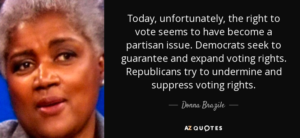 When it comes to the Minnesota DFL’s attempt to bar Donald Trump’s name from appearing on Minnesota ballots, the party is making a mistake by focusing on the could versus the should.
When it comes to the Minnesota DFL’s attempt to bar Donald Trump’s name from appearing on Minnesota ballots, the party is making a mistake by focusing on the could versus the should. There are lots of heroes in our society. Soldiers, nurses, police officers, teachers and fire fighters are among them, and we regularly praise those groups with special holidays, public ceremonies, and “I support (fill in the blank)“ ribbons. But sometimes it seems that we heap so much adulation on those high profile professions that we ignore the contributions of more subtle heroes who serve in relative anonymity.
There are lots of heroes in our society. Soldiers, nurses, police officers, teachers and fire fighters are among them, and we regularly praise those groups with special holidays, public ceremonies, and “I support (fill in the blank)“ ribbons. But sometimes it seems that we heap so much adulation on those high profile professions that we ignore the contributions of more subtle heroes who serve in relative anonymity. There are the millions of people who have jobs that are not typically regarded as heroic – bureaucrats, janitors, receptionists, brokers, construction workers, computer techies, customer service reps, wait staff, accountants, salespeople and underwriters, to name just a few. Their vocational contributions go largely unrecognized, but their work makes our economy and society hang together and hum.
There are the millions of people who have jobs that are not typically regarded as heroic – bureaucrats, janitors, receptionists, brokers, construction workers, computer techies, customer service reps, wait staff, accountants, salespeople and underwriters, to name just a few. Their vocational contributions go largely unrecognized, but their work makes our economy and society hang together and hum. I loathe State Fair TV news coverage. And just to preempt the question, yes, I’m not “from here.”
I loathe State Fair TV news coverage. And just to preempt the question, yes, I’m not “from here.”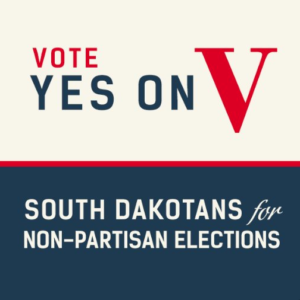 When I heard about the constitutional amendment on the South Dakota ballot to make all
When I heard about the constitutional amendment on the South Dakota ballot to make all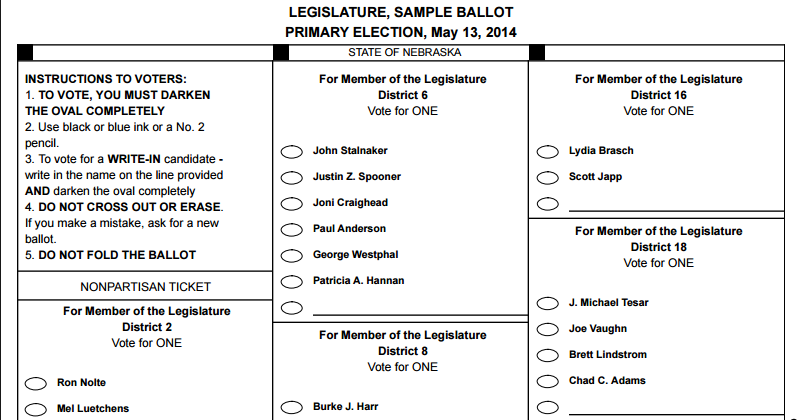
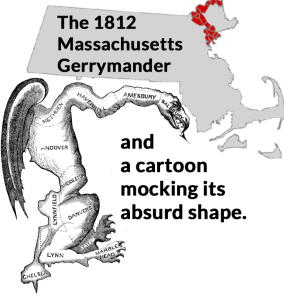 Once every ten years, all states redraw state and congressional legislative district lines, so that the new boundaries reflect population changes that have occurred in the prior decade. In both Minnesota and South Dakota, elected state legislators draw those district map lines, and the decision-making is dominated by leaders of the party or parties in power.
Once every ten years, all states redraw state and congressional legislative district lines, so that the new boundaries reflect population changes that have occurred in the prior decade. In both Minnesota and South Dakota, elected state legislators draw those district map lines, and the decision-making is dominated by leaders of the party or parties in power.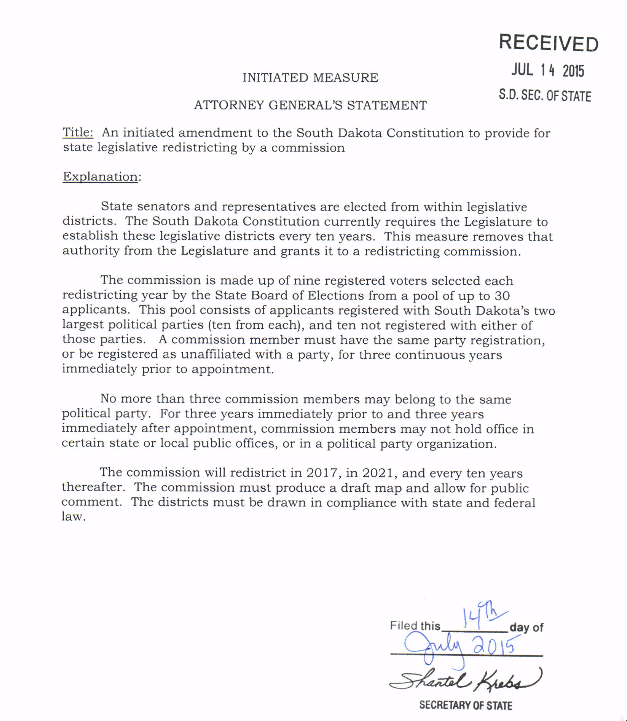 The basic rationale behind Amendment T is this: Elected officials have a direct stake in how those district boundaries are drawn, so giving them the power to draw the maps can easily lead to either the perception or reality of self-serving shenanigans.
The basic rationale behind Amendment T is this: Elected officials have a direct stake in how those district boundaries are drawn, so giving them the power to draw the maps can easily lead to either the perception or reality of self-serving shenanigans.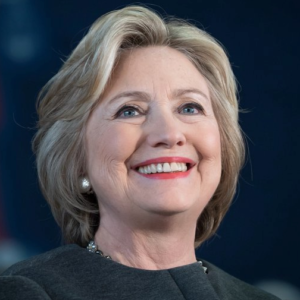 Though I’m a solid Hillary Clinton supporter, I don’t particularly relish defending her at water coolers, dinner tables and social media venues. When defending Hillary Clinton to those who hoped for more, I often feel like I do when defending the Affordable Care Act (ACA) to those who hoped for more.
Though I’m a solid Hillary Clinton supporter, I don’t particularly relish defending her at water coolers, dinner tables and social media venues. When defending Hillary Clinton to those who hoped for more, I often feel like I do when defending the Affordable Care Act (ACA) to those who hoped for more. When I started seeing ads and social media chatter about former Republican Governor Gary Johnson running for President, I went to
When I started seeing ads and social media chatter about former Republican Governor Gary Johnson running for President, I went to  Here’s the thing, the audience for Donald Trump’s latest gaffe is more the problem than the joke itself, and neither are the least bit funny.
Here’s the thing, the audience for Donald Trump’s latest gaffe is more the problem than the joke itself, and neither are the least bit funny.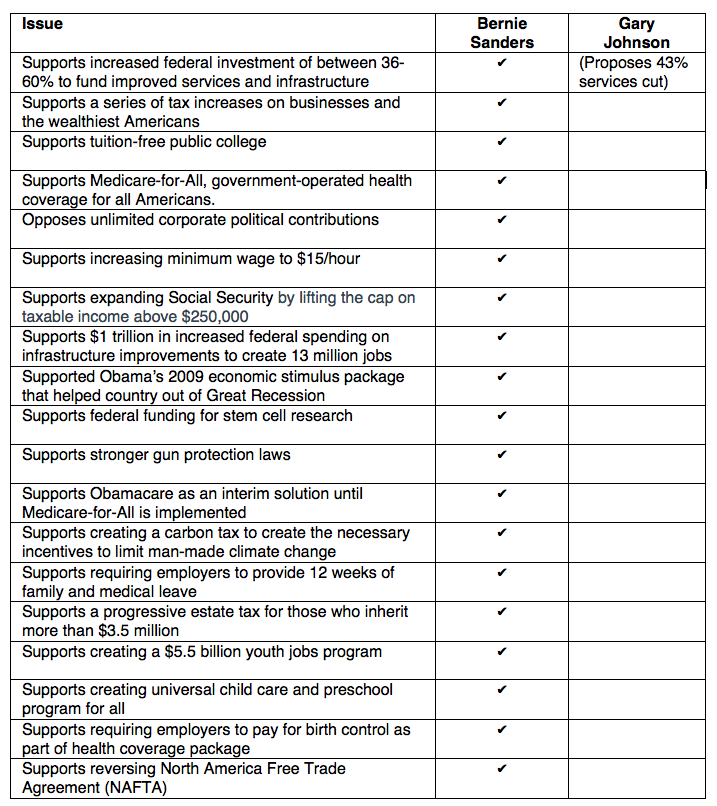
 In the era of Donald Trump and social media, these two statements haunt me.
In the era of Donald Trump and social media, these two statements haunt me. judgment, but we’ve now seen all the emails and it’s pretty obviously a nothingburger. Humagate is a nothingburger. Foundationgate is a nothingburger.
judgment, but we’ve now seen all the emails and it’s pretty obviously a nothingburger. Humagate is a nothingburger. Foundationgate is a nothingburger.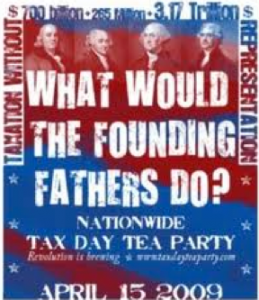
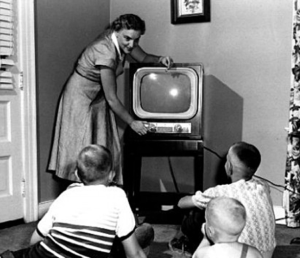 Editor’s Note: Because I’m busy and lazy, this blog gets stale. So occasionally, I’m going to re-publish posts from the past that are seasonal and still timely. Granted, it’s not a new episode, but it’s also not dead air. Perhaps I can become like TBS, and enjoy high ratings without ever having to produce original material! Anyway, I promise not to do it too often, but I hope you re-enjoy at least some of the blasts from the past.
Editor’s Note: Because I’m busy and lazy, this blog gets stale. So occasionally, I’m going to re-publish posts from the past that are seasonal and still timely. Granted, it’s not a new episode, but it’s also not dead air. Perhaps I can become like TBS, and enjoy high ratings without ever having to produce original material! Anyway, I promise not to do it too often, but I hope you re-enjoy at least some of the blasts from the past. Are Minnesota Vikings season ticket holders effectively government-dependent welfare queens? After all, a state legislator’s analysis finds that every Vikings ticket benefits from a taxpayer subsidy of over $72.
Are Minnesota Vikings season ticket holders effectively government-dependent welfare queens? After all, a state legislator’s analysis finds that every Vikings ticket benefits from a taxpayer subsidy of over $72.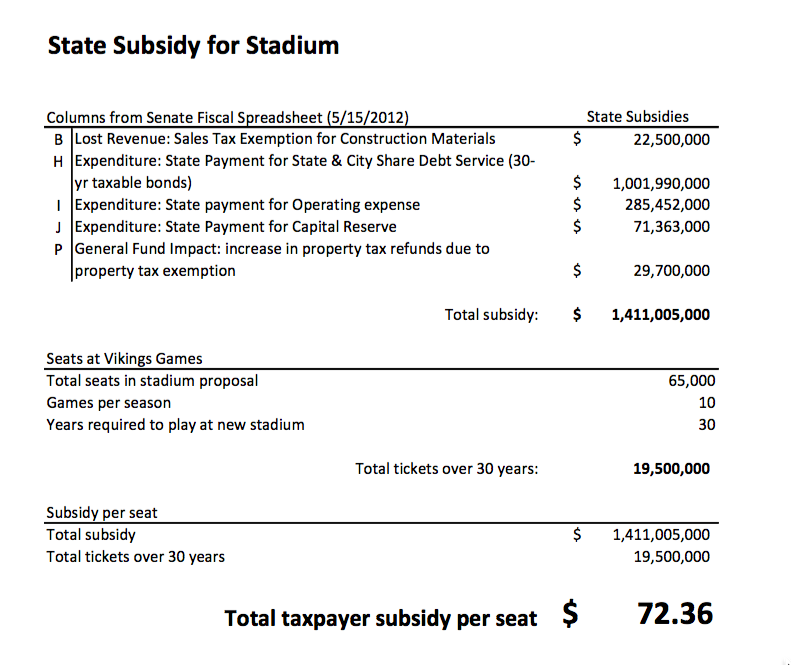 Critics may quibble with the specifics of the Marty analysis. But specifics aside, the undeniable fact remains that Minnesota taxpayers are on the hook for an enormous subsidy that looks to be much larger than the $498 million figure typically quoted during legislative debates.
Critics may quibble with the specifics of the Marty analysis. But specifics aside, the undeniable fact remains that Minnesota taxpayers are on the hook for an enormous subsidy that looks to be much larger than the $498 million figure typically quoted during legislative debates.